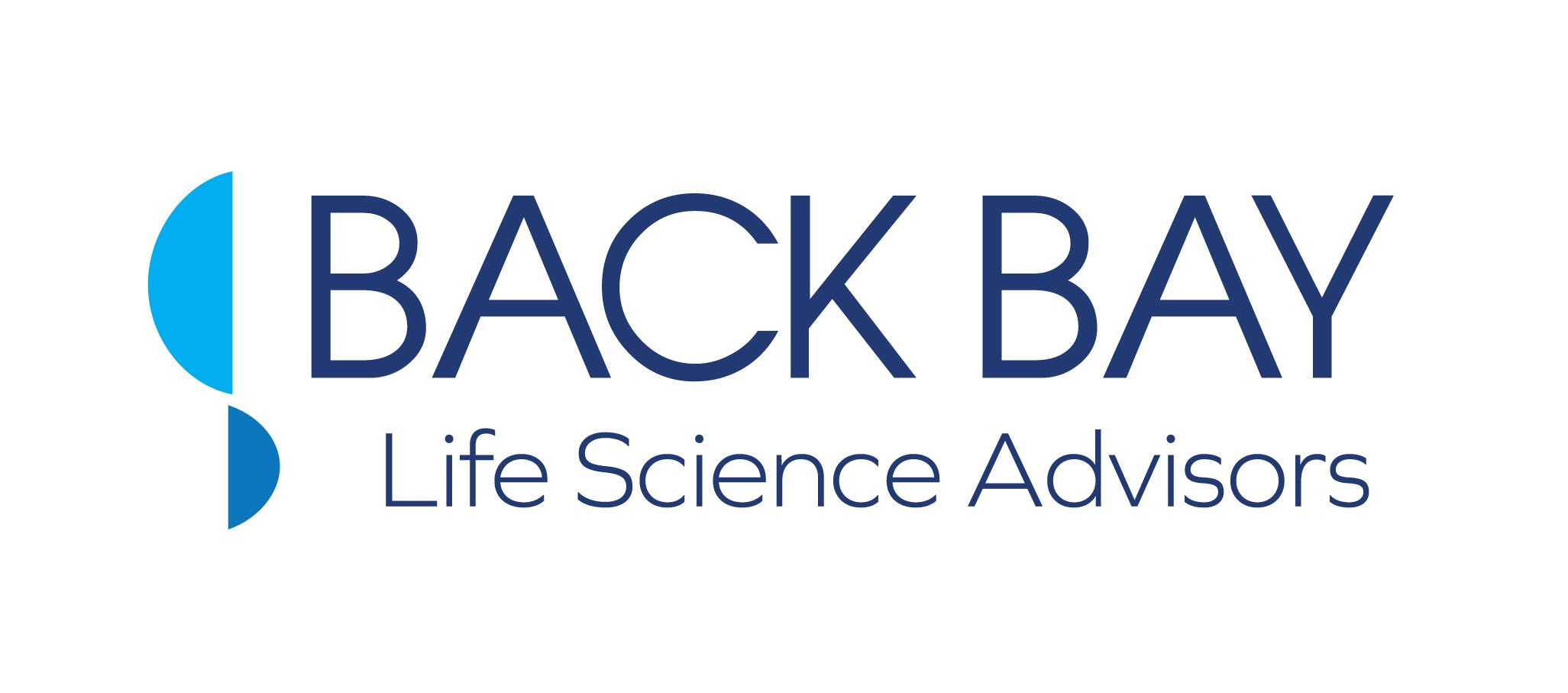Pfizer To Acquire Medivation: From $1.00 TO $81.50
From time to time we enjoy sharing thoughts regarding business development strategy and major transactions. Our team members first interacted with Medivation in 2005. This week's $14B deal with Pfizer had several take-home lessons not reflected in the transaction's press coverage, which we thought were worth sharing with you.
From $1.00 to $81.50
Medivation became a public company through a reverse merger into a public shell. They raised capital on the promise of Dimebon, their then-lead Alzheimer's program (a reformulated drug from Russia uncovered by the CEO David Hung), and parlayed that into an increasing share price, during which time management looked for additional early-stage distinctive academic innovation.
The Pfizer/Dimebon partnership created a huge inflow of cash, and despite failure in the clinic, established Medivation as an innovative developer and in-licensor of new technologies. With news flow from early-stage pipeline growth and a shift in focus to oncology based on the novelty of its in-licensed drug development portfolio, Medivation created public market investor interest, trading dynamics and takeover potential, which continued to drive the stock price up.
The clinical trial failure of Dimebon caused a significant retreat in share price, but not to the point of distress because of clear scientific, clinical, and strategic insights among the management leadership and board, smartly-funded cash reserves, pipeline breadth, and prospective milestones and news. Subsequent oncology success and continued commitments to in-licensing created a strategically significant aura of transactional, drug development, and commercial competency, solidified a credible independent company growth story and re-established an attractively valued stock for negotiations with both targets and suitors.
Medivation is a 10-year story that exemplifies a key message from a recent Back Bay thought piece: A reality of drug development: there will always be setbacks, it will take more time, and it will take more money—plan for it.
Given the magnitude of R&D expense, self-funding in biotechnology is compelling but unusual. It is important to remember that Medivation started without the typical trajectory of standard venture capital and a very lean team. Their financial model of sequential self-funding, accessing capital out of partnership and capital market strength was critically important, given the expense of pipeline R&D.However this is not a fit for most companies: Most reverse mergers do not work as most companies are single asset-focused, oriented towards a binary-risk strategic trade. That risk model is very different than the Medivation story.
Medivation returned extraordinarily based on a combination of insightful deal-making, capital markets savvy, proper partner/investor support, but most importantly, scientific and clinical acumen.
